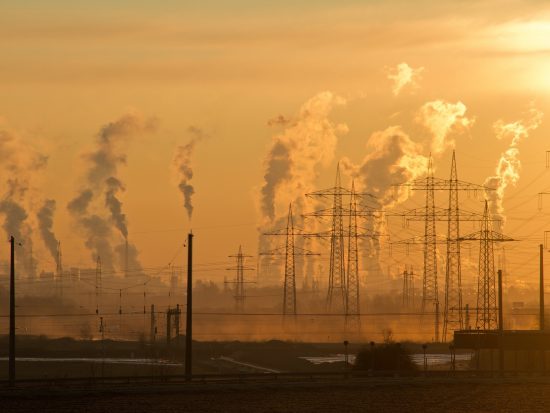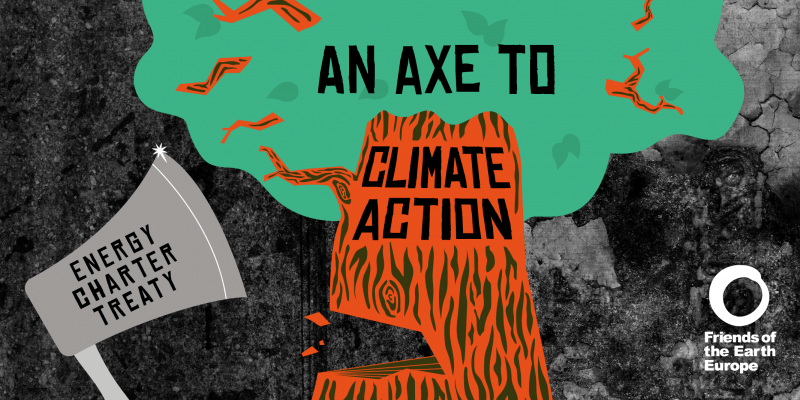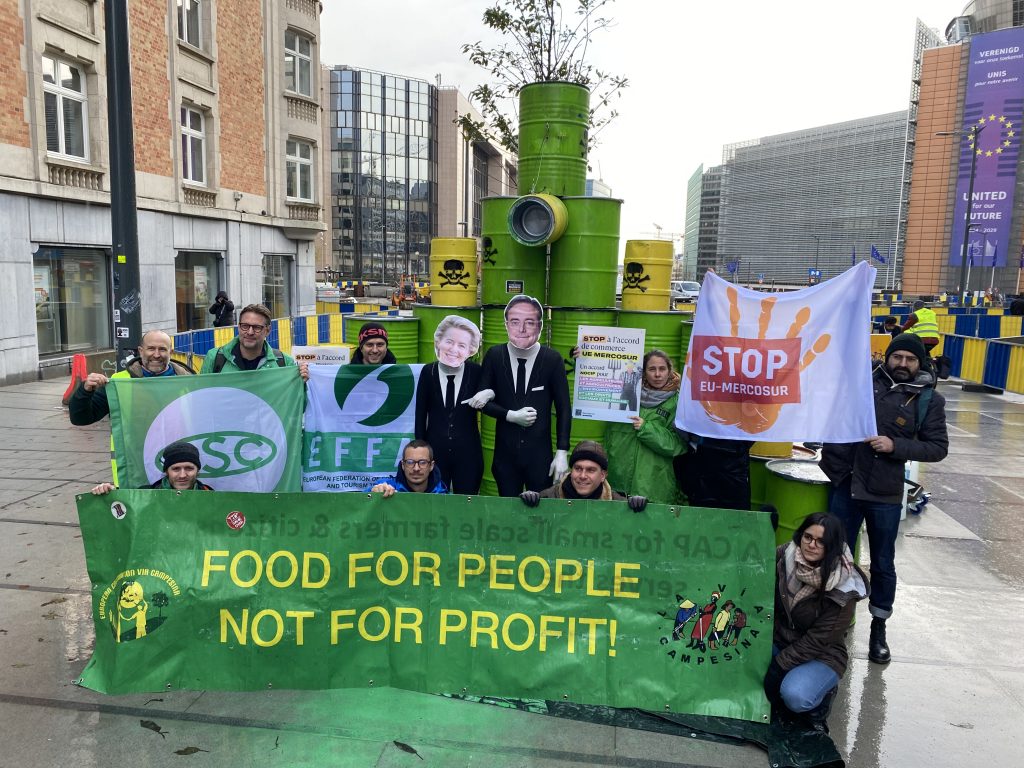A leaked European Commission proposal reveals that the EU is not serious about ending the protection of fossil fuels under the controversial Energy Charter Treaty. European Commissioners are expected today to sign off proposals to reform the investment agreement, which is currently being renegotiated to ‘modernise’ it, due to climate concerns.
Controversial treaty
The European Parliament recently voted in favour of ending the protection for fossil fuel investments, and several lawmakers are calling for withdrawal from the treaty if the reform does not succeed this year. Energy Commissioner Kadri Simson claimed days ago that the EU would ensure that coal, gas and oil companies can no longer obstruct the clean energy transition with expensive lawsuits.
Commission proposals full of fossil loopholes
However, the leaked Commission proposals would continue to protect some fossil fuels, and even expand investment protection to other controversial technologies. The proposals would therefore fail to bring the Energy Charter Treaty in line with the Paris Agreement and the European Green Deal:
- Existing investments in fossil fuels (coal, oil and fossil gas) would continue to be protected for at least another 10 years;
- Future investments in fossil fuels would be excluded. However, major loopholes remain. Investments for certain gas power plants will remain protected until 31 December 2030, and possibly until 2040 if these plants are coal-to-gas conversions;
- New investments for gas pipelines would be protected until the end of 2040;
- The proposal even foresees expanding the scope of investment protection to new technologies that are currently not covered, including hydrogen and biomass.
The Commission’s proposal will now be discussed with Member States. If approved, it would become the EU’s negotiation position for ongoing talks to reform the treaty.
Pandering to fossil fuel interests
Climate Action Network (CAN) Europe, Friends of the Earth Europe and ClientEarth call on Member States to “support phasing out fossil fuels from the scope of protection under the treaty as soon as possible to allow the EU to meet its 2030 climate targets” and warn against any expansions of the scope of the treaty.
Paul de Clerck, economic justice coordinator at Friends of the Earth Europe said:
“While decisive action to halt climate breakdown is crucial within this decade, the Commission is proposing to continue to protect fossil fuels for at least another ten years – and 20 years for gas infrastructure. This blind pandering to fossil fuel interests undermines the Paris Agreement and the European Green Deal.”
Cornelia Maarfield, Trade and Climate Project Manager at Climate Action Network (CAN) Europe said:
“This proposal would make a dangerous treaty even more dangerous. It would continue to allow coal, gas and oil corporations to extract compensation from governments if they pursue Paris-compatible policies to phase-out fossil fuels. To make things worse, the Commission intends to expand the dangerous investment protection provisions of the treaty to hydrogen and biomass – neither of which is clean per se nor is their contribution to the clean energy transition proven. Why set a new trap for policy makers if you haven’t found the way out of the existing one?”
Amandine Van Den Berghe, trade and environment lawyer at ClientEarth said:
“The EU needs to remove treaty protections for investments in heavily polluting energy sources. The Commission’s proposal is a step in the right direction but contains major loopholes around gas and non-renewable hydrogen, which increase the risk of locking in gas infrastructure and more future emissions. It’s a missed opportunity to align the treaty to Europe’s climate obligations, and to remove the risks that the treaty poses for meaningful climate action.”
Related Content
We think you’d also like:

Stop the Energy Charter Treaty
The Energy Charter Treaty (ECT) is a major obstacle to fast and effective action on the climate and environmental crisis. Our transformation to a green and fair society will become harder, slower and more expensive if we don’t stop it.







